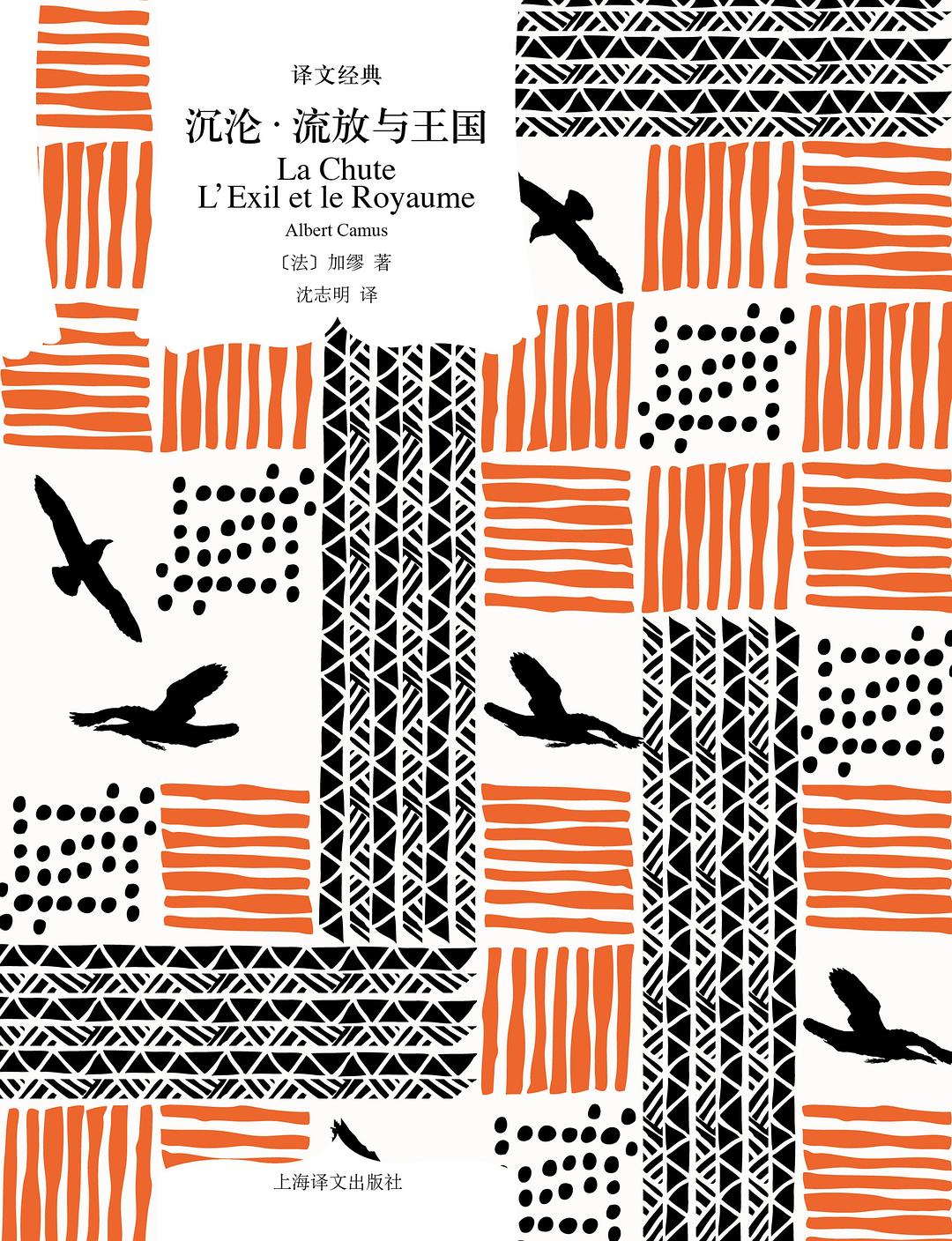WULOLIFE
《沉沦·流放与王国》 作者: [法]加缪 译者: 沈志明 出版社: 上海译文出版社
《沉沦·流放与王国》 作者: [法]加缪 译者: 沈志明 出版社: 上海译文出版社
Couldn't load pickup availability
Description
内容简介· · · · · ·
★ 诺贝尔文学奖得主加缪作品
★ 收录长篇小说《沉沦》和短篇小说集《流放与王国》
(*《沉沦》在最初计划中,本是《流放与王国》中的一篇,后因篇幅较长,单独出书。故此次中文版将两部集结成册出版。)
《沉沦》是主人公让-巴蒂斯特·克拉芒斯一出直击人性的沉痛独白。在阿姆斯特丹的墨西的克拉芒斯回顾了往昔岁月,他曾是执业律师,过得风生水起,有名望、有金钱,但有天晚上过桥时,背后有个女人跳河自尽了,他因没有救人而陷入自责,由此开启沉沦之路……他意识到自己的过去皆是虚妄,体悟到人性的堕落不可救药。
《流放与王国》由六个短篇小说构成。每篇内容虽有差异,但主人公都在日常生活中感到了挫败感,苦于寻找“王国”,也就是生活的意义和幸福,因此倍感孤独,如同“流放”。
作者简介· · · · · ·
阿尔贝•加缪(1913—1960)是法国声名卓著的小说家、散文家和剧作家。1957年因“热情而冷静地阐明了当代向人类良知提出的种种问题”而获诺贝尔文学奖,是有史以来最年轻的诺奖获奖作家之一。
加缪在他的小说、戏剧、随笔和论著中深刻地揭示出人在异己的世界中的孤独、个人与自身的日益异化,以及罪恶和死亡的可避免,但他在揭示出世界的荒诞的同时却并不绝望和颓丧,他主张要在荒诞中奋起反抗,在绝望中坚持真理和正义,他为世人指出了一条宗教信仰和极权主义以外的自由人道主义道的大无畏精神使他在第二次世界大战之后不仅在法国,而且在欧洲并最成为他那一代人的代言人和下一代人的精神导师。
